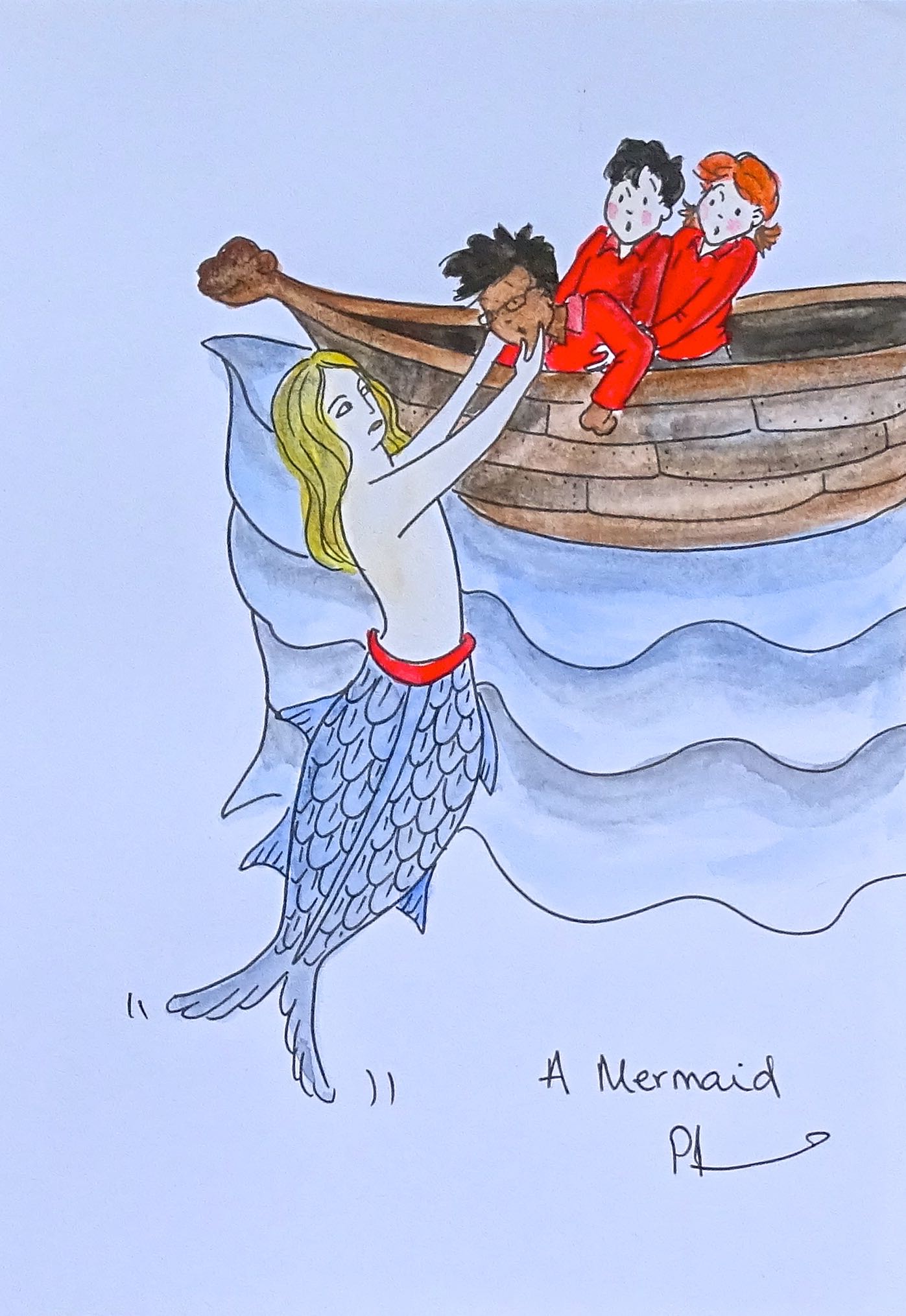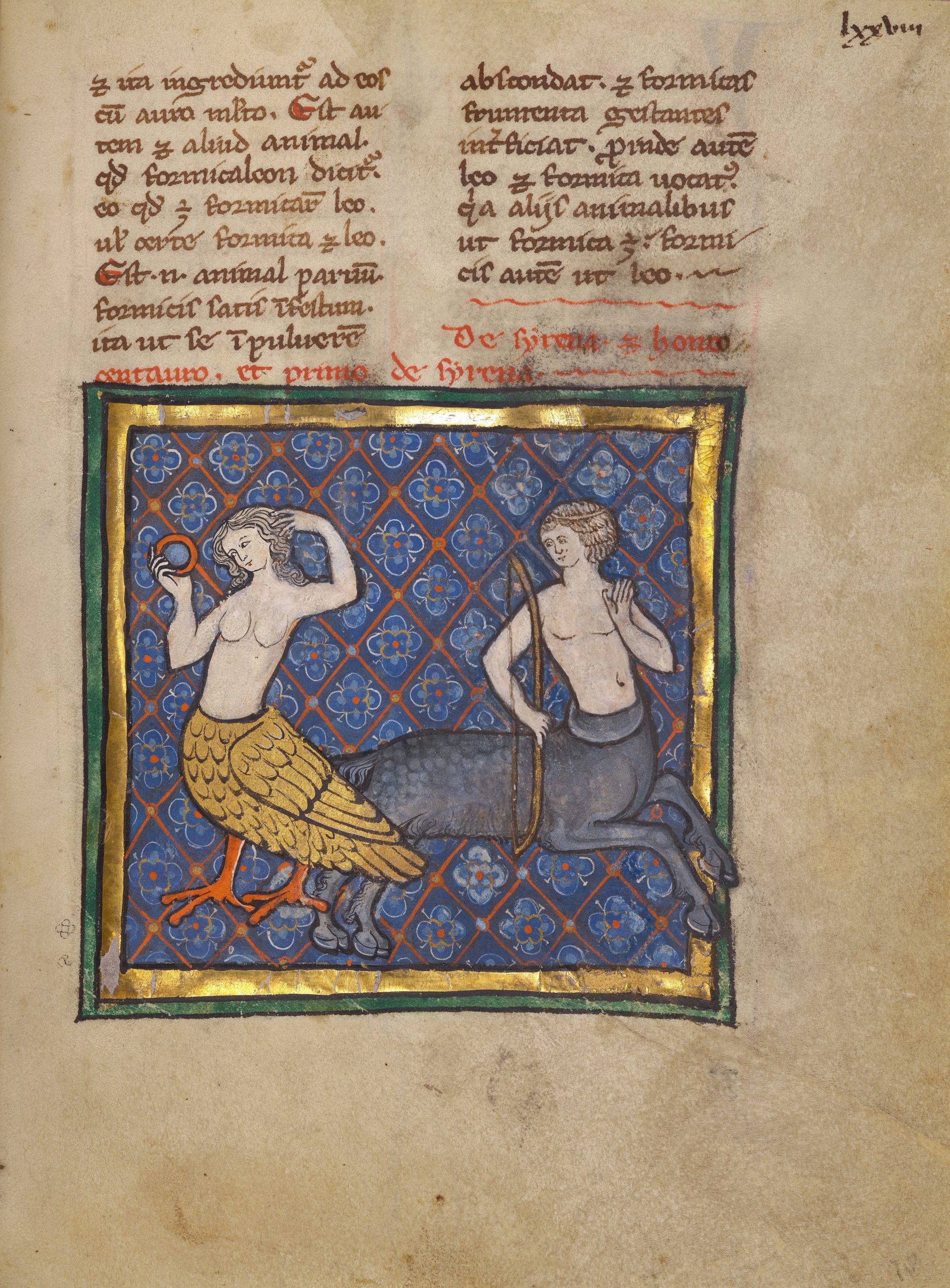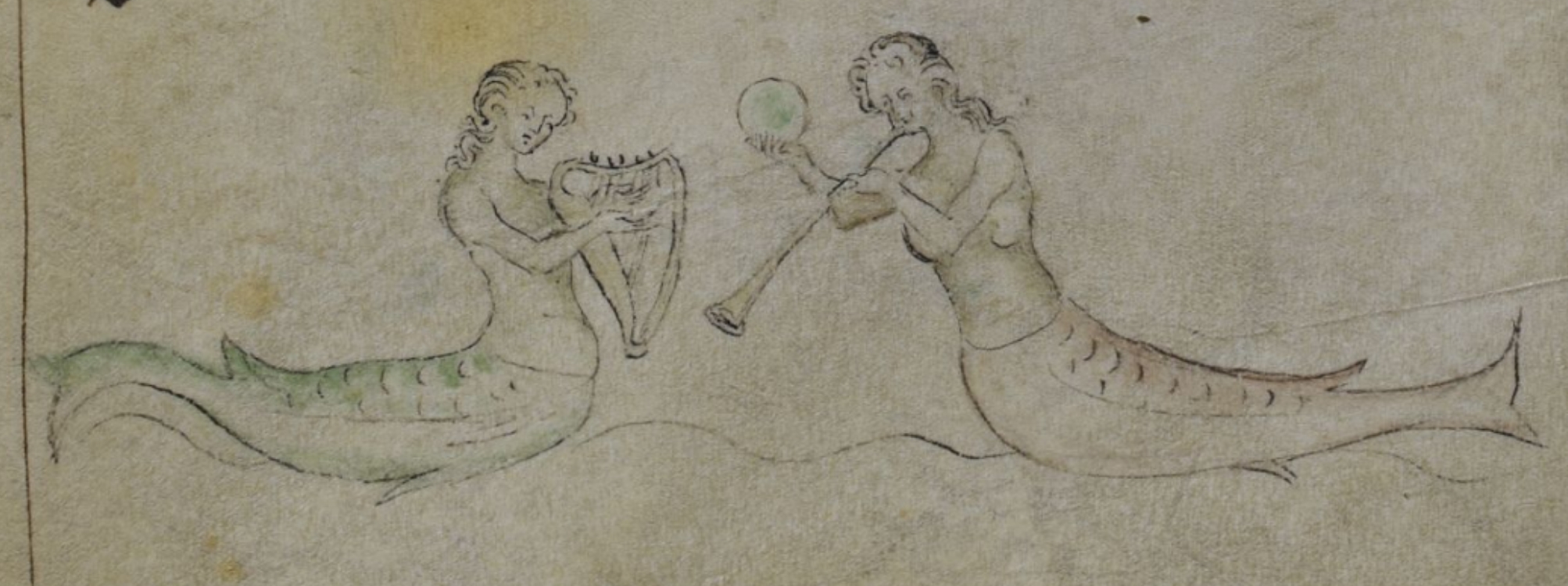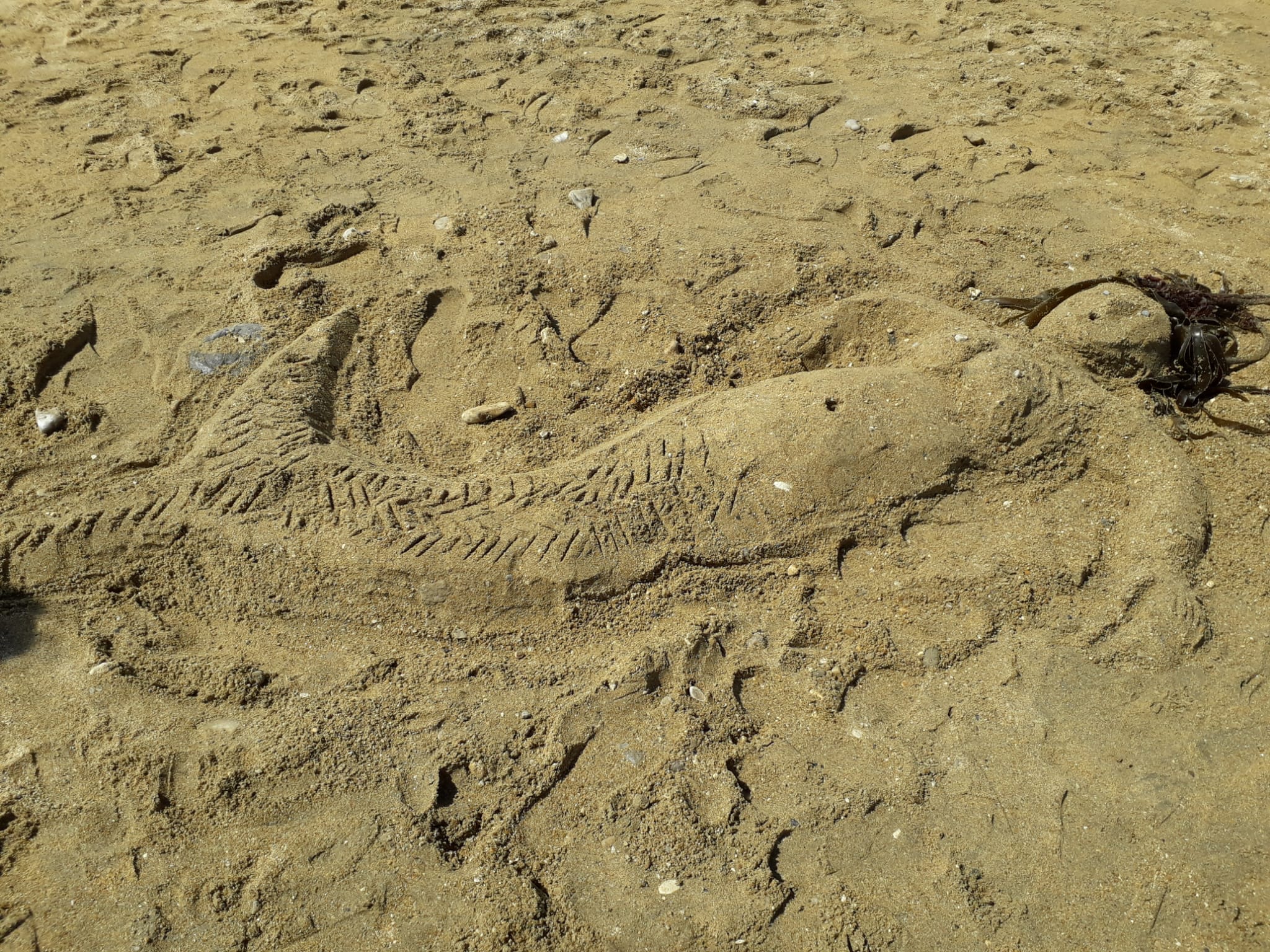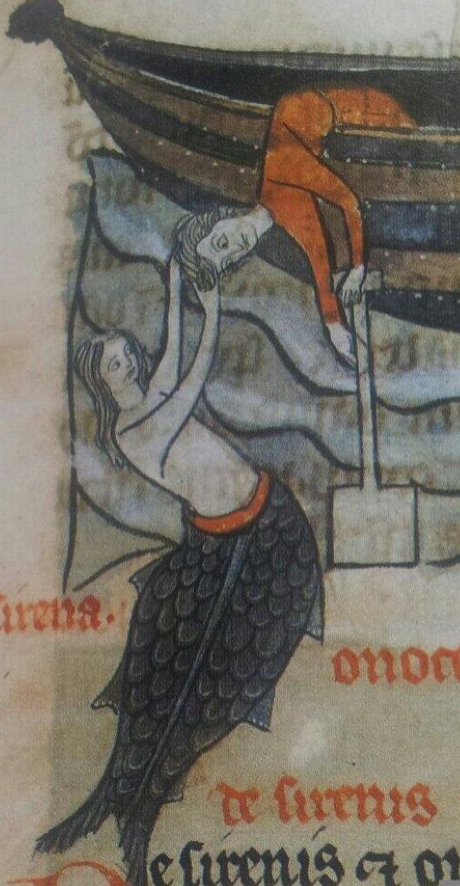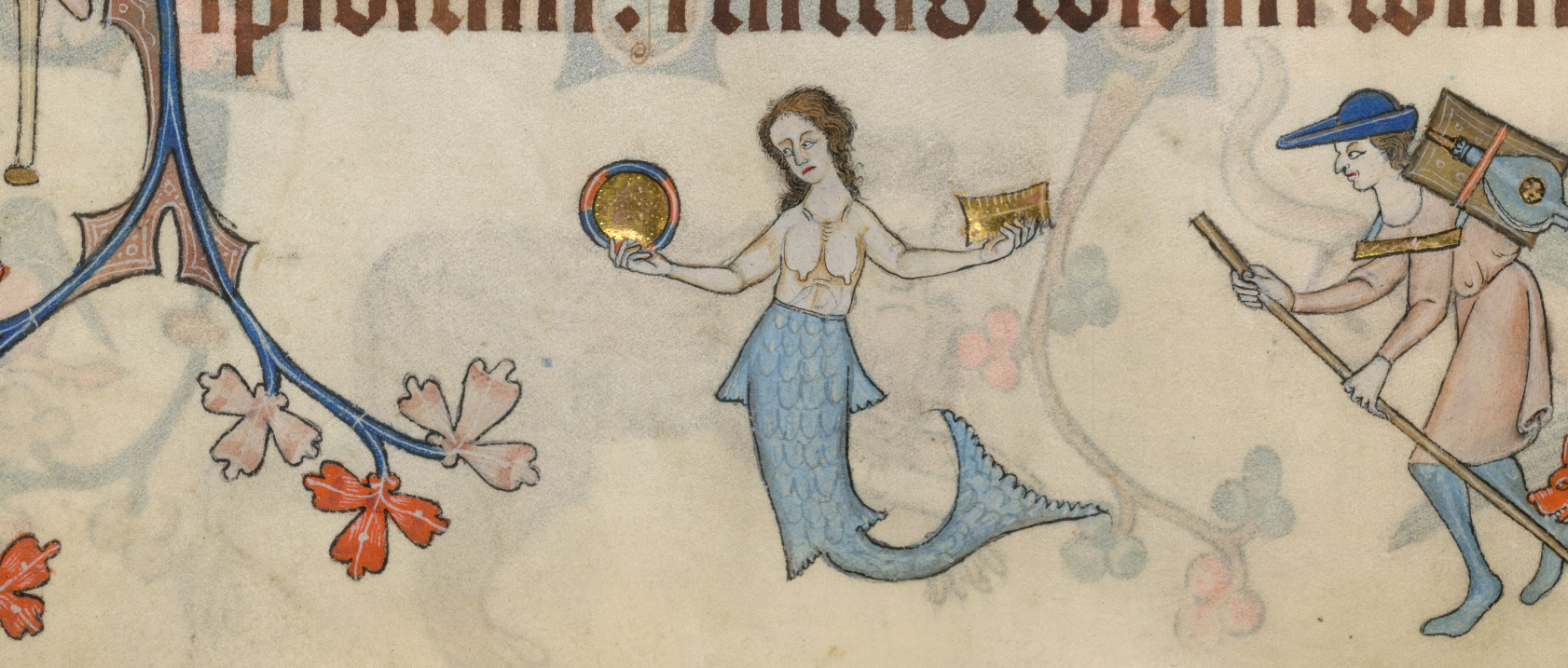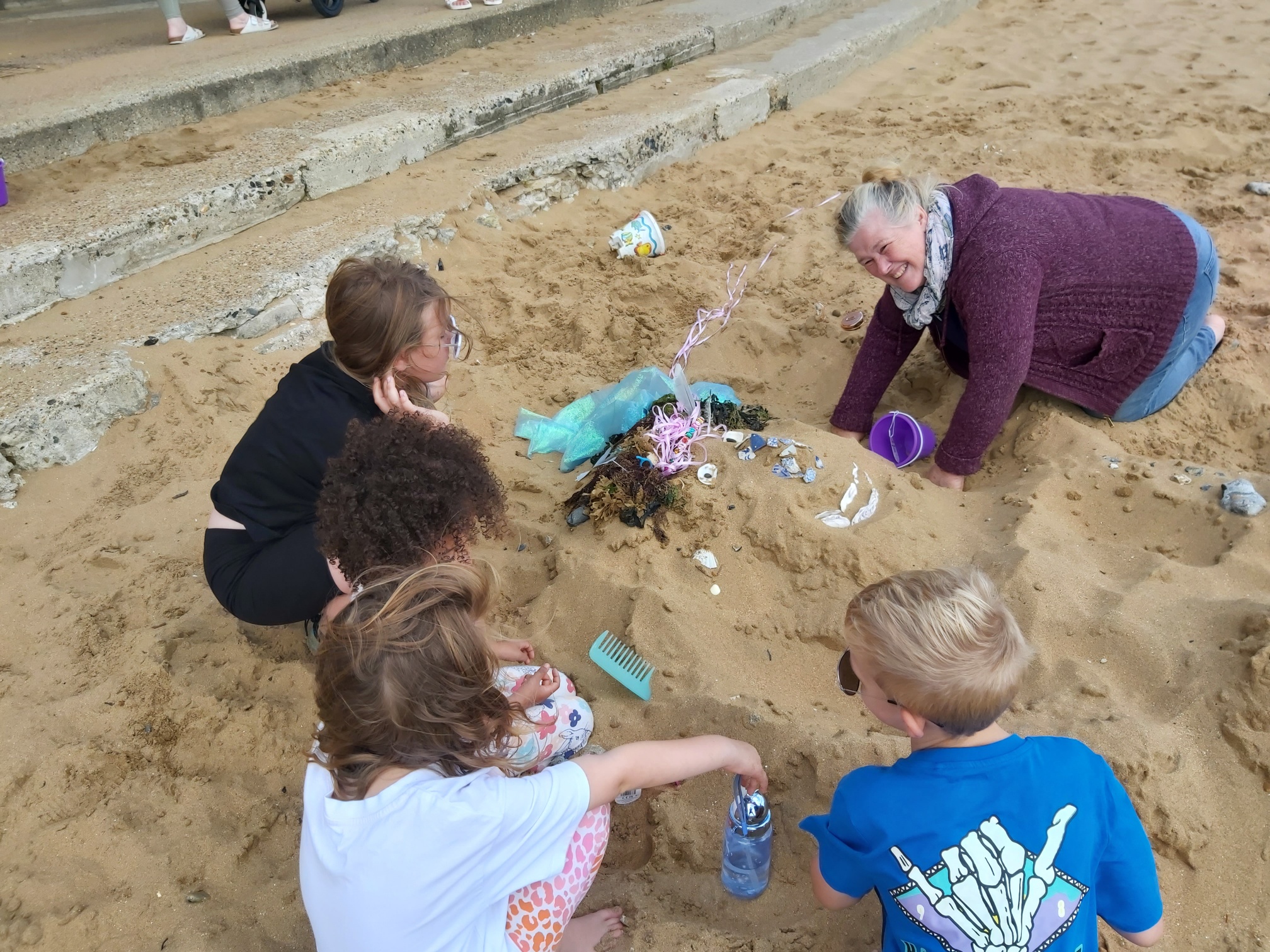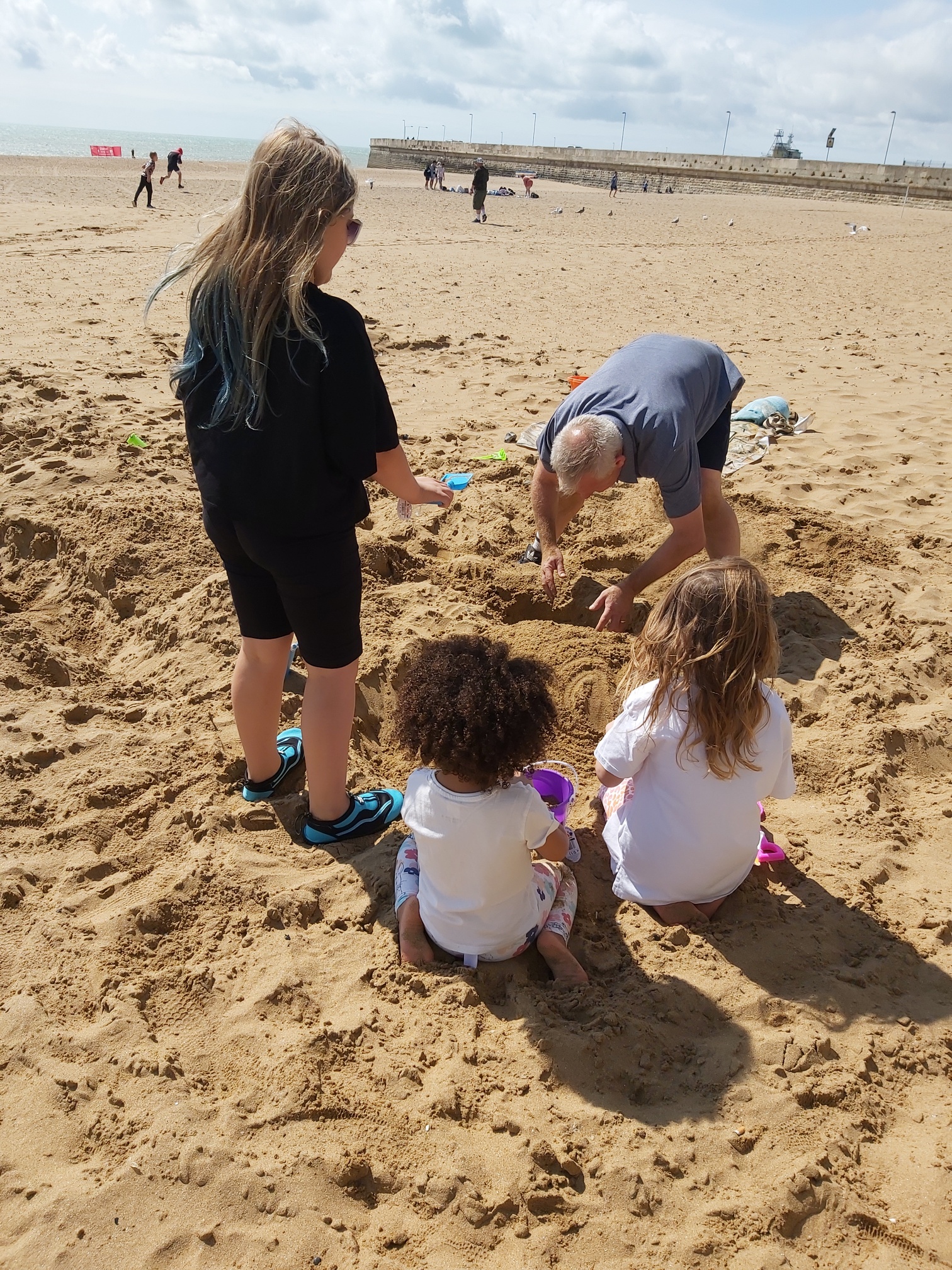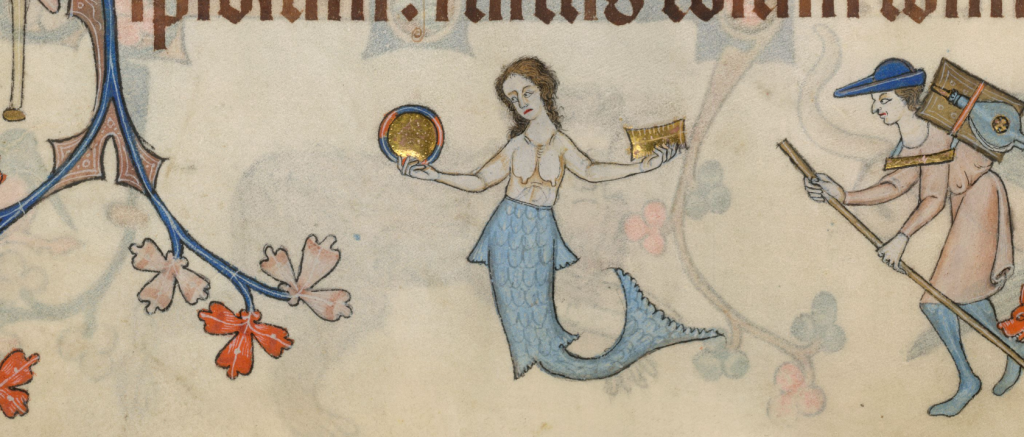
Sea Shanty: The Mermaid Song
The Mermaid Song is a traditional sea shanty we added local place names
It was a Friday morn when we set sail
And the ship not far from land, (ahoy!)
We there did spy a pretty, little maid,
With a comb and a glass in her hand, her hand, her hand.
With a comb and a glass in her hand
Chorus
Oh, the raging waves will roll
And the stormy winds will blow,
While we jolly sailors go up go up go up
And the landlubbers lie down below, below, below,
and the landlubbers lie down below.
And up spoke the captain of our ship
And a right good man was he, (I say!)
I have me a wife in Ramsgate by the sea
And tonight she a widow may be, may be, may be.
And tonight, she a widow may be.
Chorus
Oh, the raging waves will roll
And the stormy winds will blow,
While we jolly sailors go up go up go up
And the landlubbers lie down below, below, below,
and the landlubbers lie down below.
Then up spoke our little cabin boy
And a fair haired boy was he, (I say!)
I have sweet mother in Margate by the sea
And tonight she will weep for me, for me, for me.
And tonight she will weep for me
Chorus
Oh, the raging waves will roll
And the stormy winds will blow,
While we jolly sailors go up go up go up
And the landlubbers lie down below, below, below,
and the landlubbers lie down below.
More about Medieval Mermaids
Royal Maritime museum blogpost
What is a mermaid? | Royal Museums Greenwich (rmg.co.uk)
David Badke, ‘Mermaid’ (2023)
Medieval Bestiary : Beasts : Mermaid
Giulia Gilmore, Mermaids, sirens and Alexander the Great –
Medieval manuscripts blog British Library (2023)
W. P. Mustard, ‘Siren-Mermaid,’ Modern Language
Notes, 23(1908); 21–24. https://doi.org/10.2307/2916861


